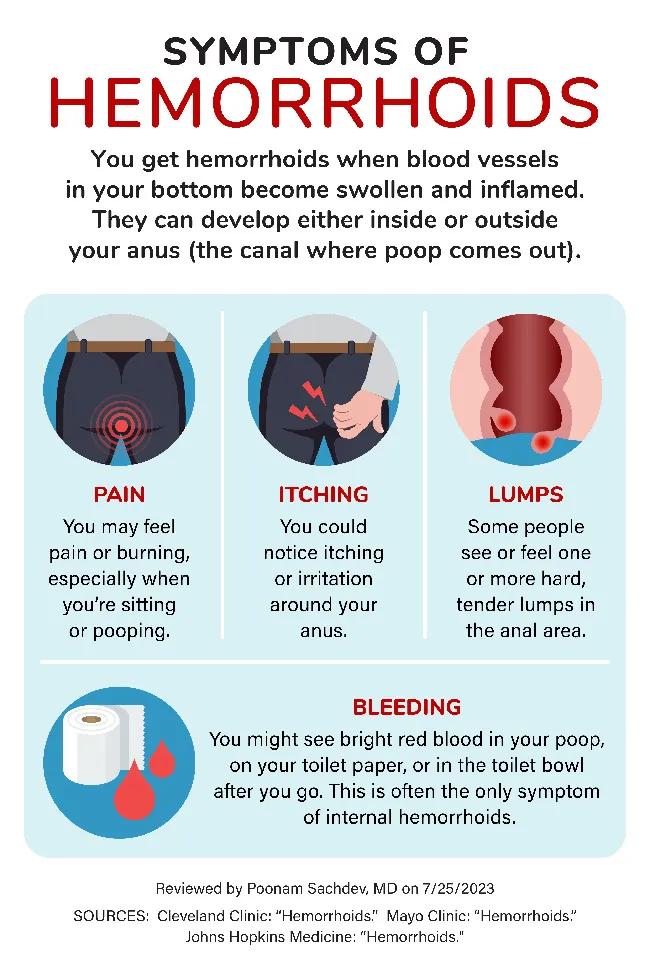Addressing Distrust: Sub-Saharan Migrants’ Perspectives on NGOs in Tunisia
A recent study conducted by InfoMigrants reveals a widespread skepticism among sub-Saharan African migrants living in Tunisia toward non-governmental organizations (NGOs) that are designed to support them. This mistrust highlights the intricate and often strained relationship between migrant communities and humanitarian actors within a country that serves as a pivotal transit hub for many Africans aiming to reach Europe. As Tunisia continues to face its own economic and social difficulties, understanding these trust issues is essential for improving aid delivery and fostering more effective partnerships.
Understanding the Roots of Distrust Among Migrant Communities
The survey uncovers several core reasons why many migrants harbor doubts about NGOs operating in Tunisia:
- Opaque Operations: Numerous respondents feel that NGOs lack transparency regarding their goals, funding, and the scope of services they provide.
- Unmet Expectations: Many migrants recounted experiences where promised assistance was delayed or never materialized, fueling perceptions that some organizations prioritize donor interests over genuine care.
- Lack of Inclusion: A significant number expressed frustration at being excluded from conversations about their needs, leading to feelings of marginalization within aid programs.
This disconnect has created an environment where trust is fragile. For instance, one participant compared NGO engagement to “a one-way street,” emphasizing how decisions are often made without meaningful input from those directly affected.
A Framework for Rebuilding Confidence
| Recommended Measures | Anticipated Benefits |
|---|---|
| Enhancing Transparency through Regular Reporting and Open Communication Channels | Cultivates credibility by keeping migrants informed about organizational activities and resource allocation. |
| Inclusive Policy-Making Involving Migrant Representatives at Every Stage | Energizes community ownership while ensuring programs address real priorities effectively. |
| Create Continuous Feedback Loops via Surveys or Community Meetings | Makes it possible to adapt services responsively based on lived experiences. |
The Complex Role of NGOs: Navigating Challenges While Seizing Opportunities
The distrust identified poses significant hurdles but also opens avenues for NGOs willing to rethink their approaches. Key obstacles include:
- Ineffectiveness Perceptions: Some migrants believe NGO interventions fall short or fail to meet urgent needs adequately—an issue compounded by limited resources amid rising migration flows; recent UNHCR data shows over 50,000 sub-Saharan migrants currently residing in Tunisia under precarious conditions as of early 2025.
- Cultural & Linguistic Barriers: Differences in language and cultural norms can obstruct clear communication between aid workers and beneficiaries, sometimes resulting in misunderstandings or mistrust.
- Lack of Contextual Awareness : strong > Without deep knowledge of political dynamics back home or migration routes’ realities , some initiatives may miss critical nuances , reducing relevance . li >
Nevertheless , there are promising strategies available : p >
- < strong >Empowering Community Voices : strong > Encouraging migrant participation through advisory councils or peer-led groups helps tailor assistance more precisely . For example , similar models implemented successfully among Syrian refugees in Lebanon have improved service uptake significantly . li >
- < strong >Transparent Dialogue : strong > Proactively sharing information about funding sources , program limitations , successes , and challenges dispels rumors while building rapport . li >
- < strong >Strategic Local Partnerships : strong > Collaborations with grassroots organizations familiar with cultural contexts can bridge gaps effectively ; this approach mirrors successful alliances seen between European NGOs & local African groups facilitating smoother integration processes . li >
ul >
Toward Stronger Connections: Practical Steps for Enhancing Trust Between Migrants And Aid Organizations
The survey’s insights call for deliberate efforts aimed at mending fractured relationships through sustained engagement initiatives focused on respect, inclusion, and accountability. Recommended actions include:
- < strong >Regular Community Forums : strong > Hosting open discussions where migrants share feedback candidly encourages transparency & mutual understanding . For instance , monthly town-hall style meetings could become platforms not only for airing grievances but co-creating solutions .
li > - < strong >Clear Communication Policies : strong > Publishing accessible materials explaining organizational missions & decision-making processes reduces misinformation risks .
li > - < strong>Cultural Sensitivity Training :< /Strong > This equips NGO staff with skills needed to navigate diverse backgrounds respectfully — an approach proven effective across humanitarian sectors globally.
Sustainable Collaboration Models Main Outcomes td> Migrants gain relevant skills; fosters shared ownership
td>td> Bonds built through personal guidance increase confidence levels
td>td> Nurtures mutual respect; strengthens social cohesion
td>Conclusion: Redefining Humanitarian Engagement With Sub-Saharan Migrants In Tunisia
The findings from InfoMigrants’ latest research illuminate the multifaceted challenges faced by both sub-Saharan African migrants residing in Tunisia as well as the NGOs dedicated to assisting them. The prevalent distrust signals an urgent need for humanitarian actors to reassess how they communicate intentions, involve beneficiaries meaningfully, and adapt services responsively amid evolving migration patterns across North Africa.
As migration routes continue shifting—with increasing numbers reported by IOM reaching over 60,000 arrivals into Tunisia during early 2025—the imperative grows stronger than ever before. Building authentic partnerships grounded in transparency, inclusivity, cultural sensitivity—and sustained dialogue—will be key steps toward restoring faith.
Ultimately,effective collaboration between NGOs and migrant communities not only enhances immediate support outcomes but also contributes positively toward long-term stability throughout the region’s complex migratory landscape.
- < strong >Regular Community Forums : strong > Hosting open discussions where migrants share feedback candidly encourages transparency & mutual understanding . For instance , monthly town-hall style meetings could become platforms not only for airing grievances but co-creating solutions .

